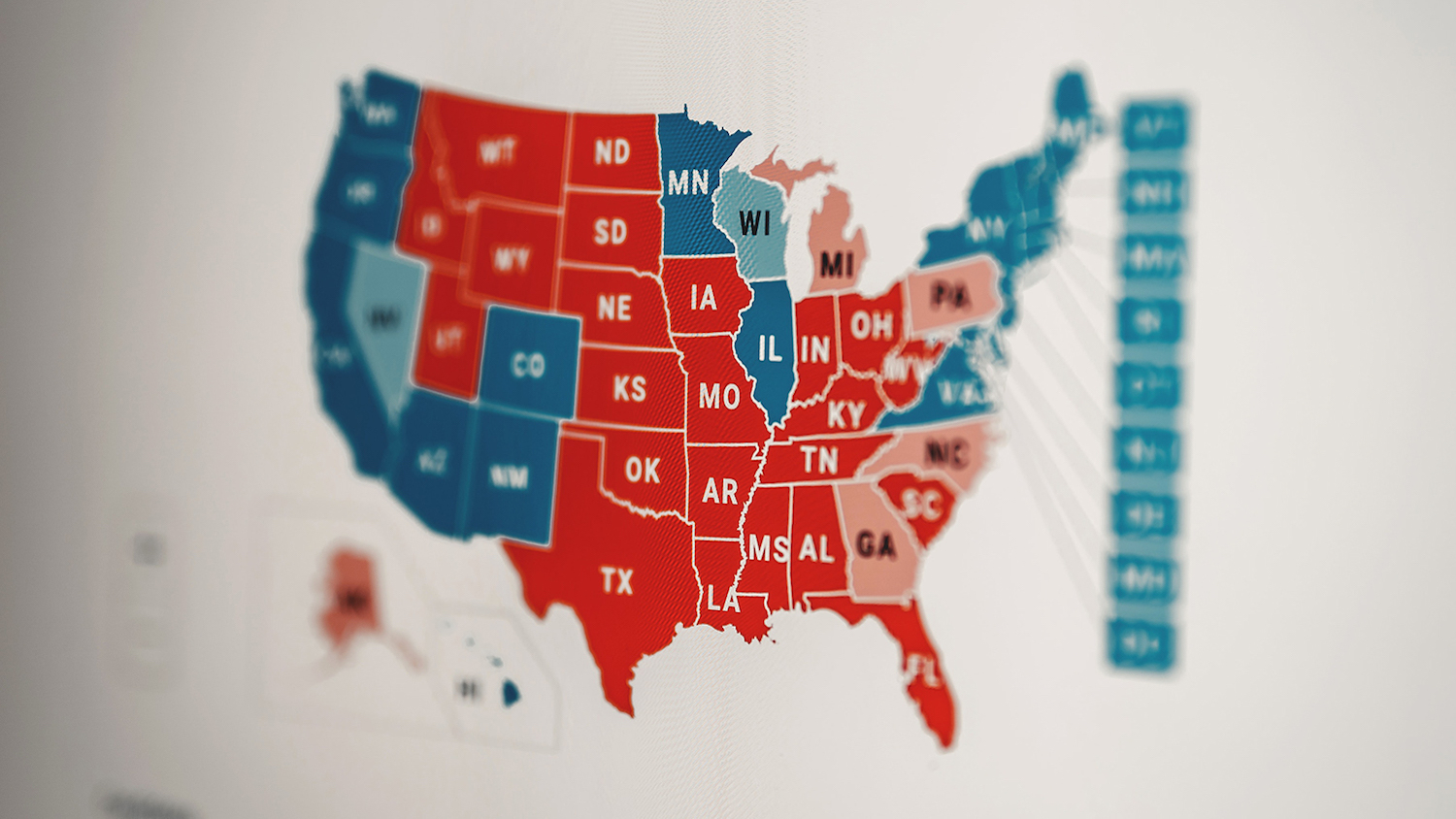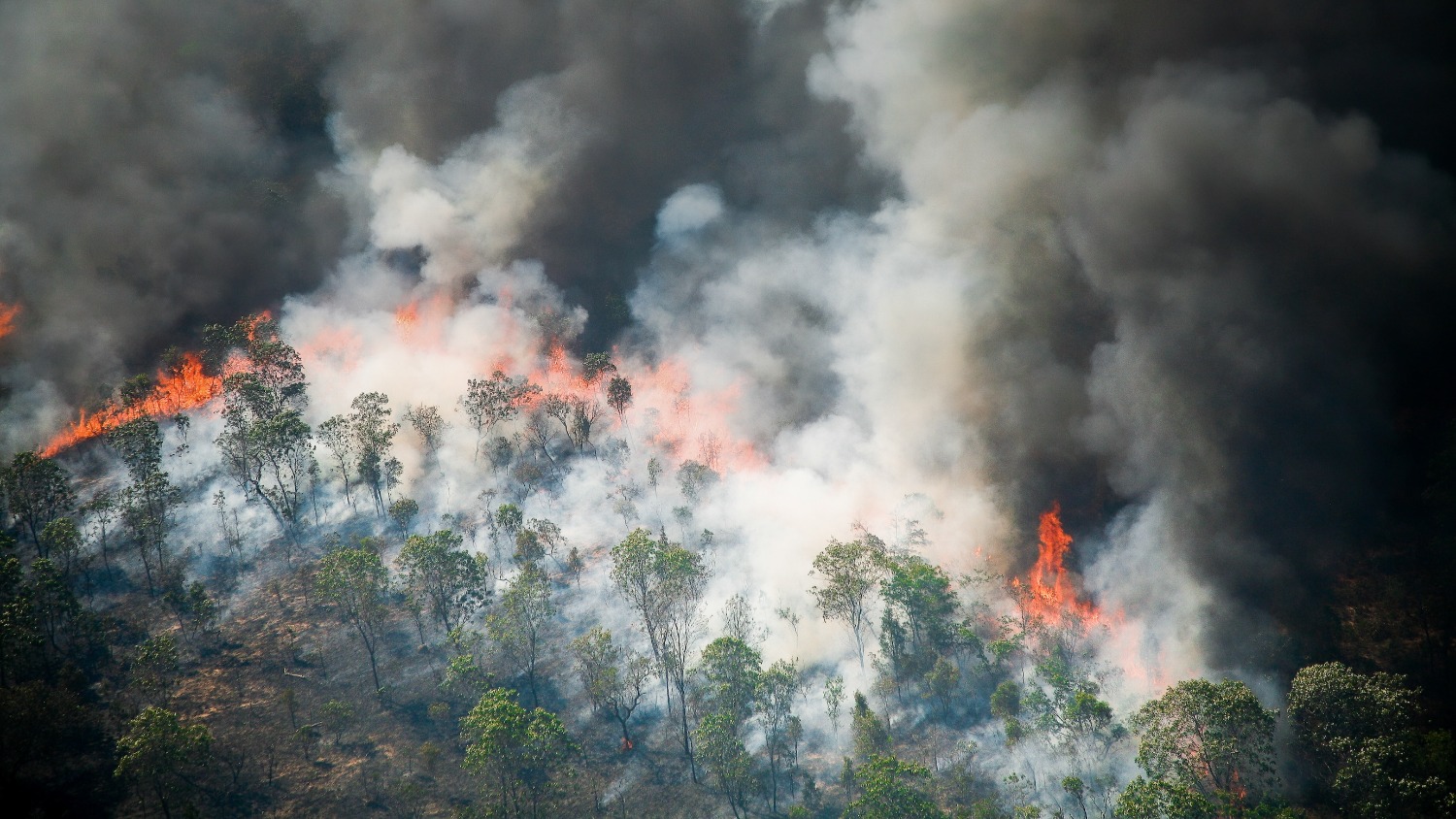COVID-19 Deepened the Political Divide on Conservation, Study Finds

With population growth making natural resources increasingly scarce, it’s more important than ever for Americans to find common ground on conservation issues — from endangered species protection to climate change mitigation.
Unfortunately, thanks in part to the COVID-19 pandemic, American voters are growing further apart in their attitudes and opinions surrounding conservation, according to a new study published by NC State researchers.
During the 2020 election cycle, the researchers surveyed adults from across the United States to gauge the influence of the pandemic on the polarization and prioritization of various policy issues, including controlling diseases from wildlife.
The results, published in the March 2022 issue of the Journal for Nature Conservation, suggest that the pandemic widened the divide in how conservative and liberal voters perceive the importance of conservation-related issues.
“Our survey shows that COVID-19 may have exacerbated political differences,” said the study’s lead author Will Casola, a graduate research assistant in the Department of Forestry and Environmental Resources.
Casola added that Conservative Republicans and Liberal Democrats contributed heavily to the polarization of conservation-related issues, with the latter reporting the largest increases in support and concern for these issues as a result of the pandemic.
The increase among Liberal Democrats suggests that they place more weight on these issues, a trend that can likely be attributed to their trust in science and mainstream news outlets and their disbelief in misinformation, according to Casola.
Nils Peterson, the study’s co-author and a professor in the Department of Forestry and Environmental Resources, said the polarization of conservation-related issues during the pandemic resulted from multiple factors, including media messaging.
At the outbreak of the pandemic, major news outlets reported varying information about the origins of the coronavirus. Fox News and conservative-leaning outlets reported that the virus was developed intentionally in a lab, while CNN and liberal-leaning outlets reported the virus’ connection to human-wildlife interactions.
“Major news outlets failed to provide clear and consistent messaging about the origins of the virus,” Peterson said. “When this study was done, scientific and government entities were still investigating where the virus came from. But the left-wing and right-wing news outlets just ran with completely different narratives.”
Peterson added that Liberal Democrats likely became more aware and more concerned about conservation-related issues in part because they consumed news coverage detailing its zoonotic origins.
Despite this, the researchers found that Liberal Democrats and other voters considered conservation-related issues, such as endangered species and controlling zoonotic diseases, less important than other issues, such as healthcare and the economy.
“All of the policy issues we studied became more important during the election. But the conservation-related issues ranked low across the entire political spectrum,” Casola said. “They were essentially non-issues for voters.”
Casola added that it may be critical for the conservation community to develop and implement strategically-framed communications about wildlife diseases in order to engage voters across the political spectrum, especially moderates.
The survey found overlap between Moderate Republicans and Moderate Democrats in how they perceived the importance of conservation-related issues due to COVID-19, suggesting they may be less susceptible to ideological polarization.
“There are opportunities to work on these issues across party lines and to do some consensus-building before they become further entrenched in traditional political ideologies,” Casola said. “But it’s incredibly important to have accurate and consistent messaging that’s palatable and more likely to make the audience trust science.”
For the Media: If you would like to speak with Will Casola or Nils Peterson for a story, please contact Andrew Moore at apmoore2@ncsu.edu.


